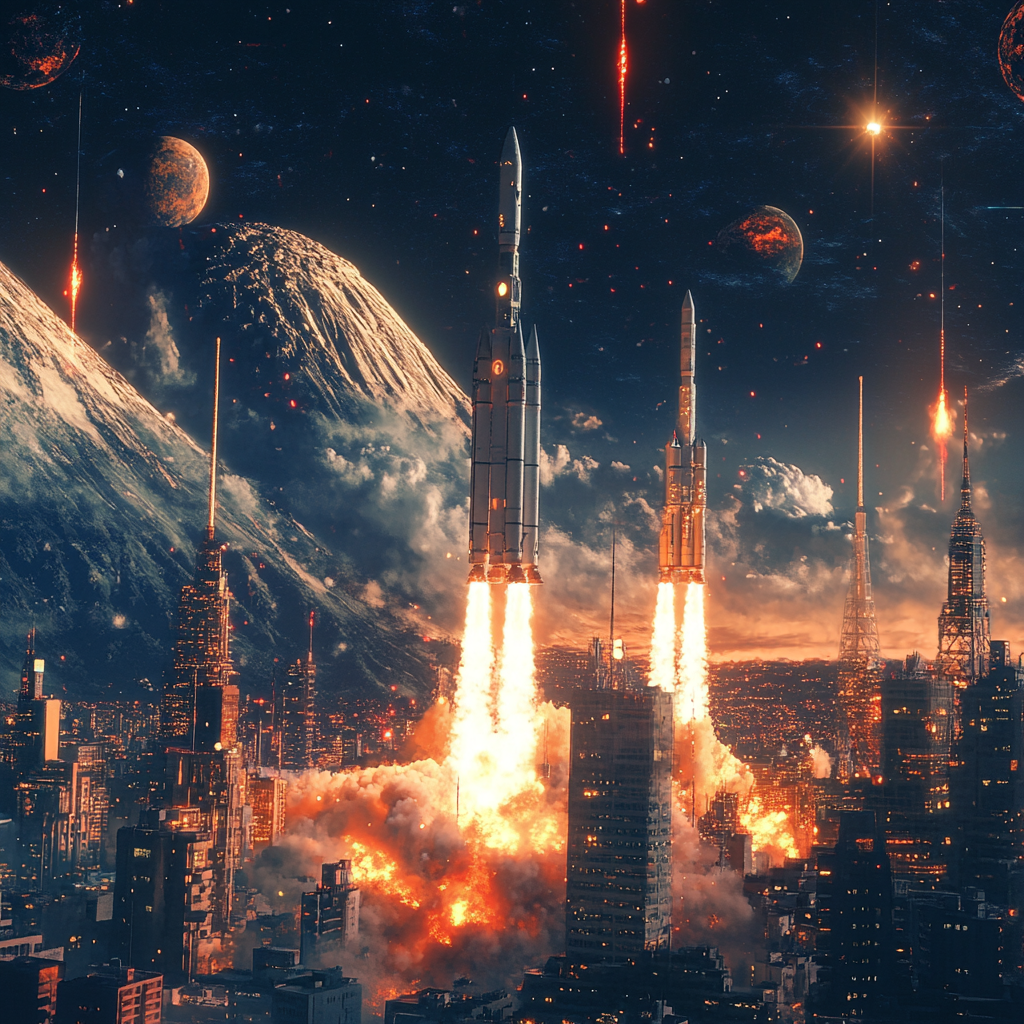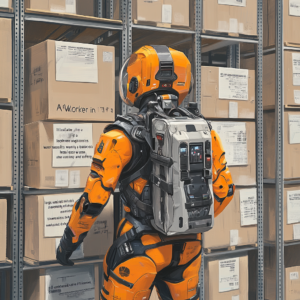
Japanese Rocket’s Second Launch Failure in 2024: Explosive Outcome
In the whirlwind arena of space exploration, Japan is making its mark—though the journey is anything but smooth. The year 2024 has been a bumpy ride, particularly for the private space sector exemplified by the startup Space One, which has witnessed not one, but two monumental mishaps involving its Kairos rocket. Trust me, it reads like a plot twist in a dramatic space opera.
Let's rewind to March 13, 2024, on that fateful day when ambition met crushing reality. Space One was all set for the inaugural launch of its Kairos rocket from the Space Port Kii in the picturesque locale of Kushimoto, Wakayama Prefecture. Picture it: an 18-meter, 23-ton behemoth, poised to carry a mock-up of a government spy satellite into the great beyond. Did it sound too good to be true? Spoiler alert: It was.
Seconds after liftoff, rather than soaring beyond the clouds, the rocket erupted in a fireball—cue the ominous music! The cause? A pesky velocity anomaly spotted by the flight termination system, which led to a quick mission abort. Thankfully, no one was harmed, but the debris scattered across the mountainous landscape was a stark reminder that space exploration isn’t the romantic venture it’s cracked up to be.
Fast forward to December 18, 2024. Can you feel the tension in the air? Space One dusted itself off and prepared for the launch of the Kairos 2, its second shot at glory—and heaven forbid, this time it was all about placing an actual satellite into orbit. A mix of five satellites—a hodgepodge including payloads from Japanese commercial firms, high school students, and even a Taiwanese company—was making its way skyward. What could go wrong? Well, as fate would have it, the Kairos 2 began to tumble, a complete nosedive of cosmic proportions. The mission was terminated approximately three minutes into flight, reaching an altitude of a breath-taking 62 miles (100 kilometers) before turning tail.
The second failure hit like a bad hangover—especially considering the immense hopes and resources poured into this project. But don’t think the drama ends here. These incidents raise eyebrows and pose serious questions about the broader challenges plaguing Japanese space development.
In November 2024, those pesky gremlins struck again—this time targeting the Japan Aerospace Exploration Agency (JAXA) as it tested a new engine for the Epsilon S rocket. You guessed it: another explosion, marking the second failure in less than two years for a project crucial to their ambitious plans for a rocket debut in March 2025. It begs the question: can Japan get its spacecraft off the ground without inadvertently creating fireworks?
The H3 rocket, Japan's supposed flagbearer in the race to rival SpaceX's Falcon 9, added to the colorfully chaotic tapestry with its own failure during a test flight in March 2023. Sure, there was a successful launch later, but setbacks like these are akin to taking one step forward and two steps back, all while trying to dodge a minefield.
But here’s the twist: despite this cosmic rollercoaster, both Space One and JAXA are sticking to their guns. They embody a spirit of resilience, an urge to rise again despite the debris falling around them like confetti on a dismal day. After the second Kairos failure, Space One didn’t throw up its hands in defeat. Instead, the statement delivered was filled with regret but coupled with a fierce determination to analyze what went wrong and try again. Each failure is a lesson, albeit a harsh one, but it’s through this tough-love education that they aim to sharpen their future missions.
What’s shining through all of this is more than just the story of regret and resilience; it’s the larger narrative of aspiration and ambition for Japan’s place in the global space community. From government satellites to deep space probes, Japan isn’t merely about launching rockets. It's about asserting autonomy in its space initiatives and pushing the very boundaries of what the universe might yield. Case in point: the successful, albeit slightly wonky, landing of an unmanned probe on the moon in January 2024. It gives you goosebumps, doesn’t it?
As the world watches Japan grapple with its cosmic challenges, it’s worth noting that this journey into the great unknown isn't just a matter of throwing some technology in the air and hoping for the best. It’s a painstaking process littered with failures, lessons, and moments of triumph. Perseverance is key. Japan aims to prove that while the road may be fraught with hurdles, the starry sky is not beyond their reach.
In conclusion, the tale of Space One's Kairos endeavors serves as a timeless reminder: progress in space exploration is dotted with failures that ultimately pave the way for success. As Japan maneuvers through these challenges, the overarching message is clear: the cosmos will be met with courage and creativity, for the journey toward the stars is as significant as the destination itself.
Want to stay up to date with the latest news on neural networks and automation? Subscribe to our Telegram channel: @channel_neirotoken

